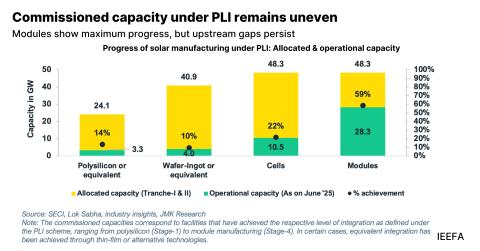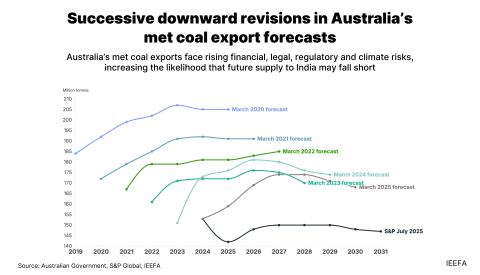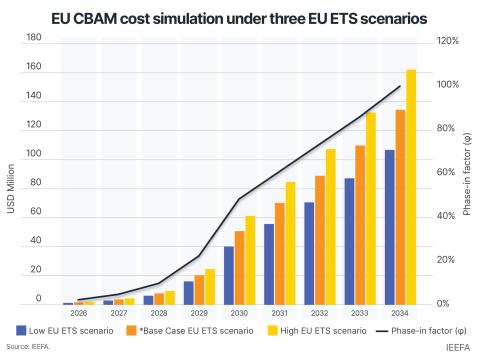Struggling U.S. Coal companies face debt hurdles, complications from reclamation and pension obligations, pressure from hedge funds
Download Full Report
Key Findings
Credit insurance has become another point of weakness for coal companies. For Arch Coal, for instance, credit-default protection costs have increased by 300 percent over summertime 2014 prices.
SNL has a recent report of note, too, on how coal companies are slipping in their obligations to meet their pension-fund obligations. Pension-plan funding levels (the percentage of liabilities funded by existing assets) have deteriorated as company pension investment strategies have moved from equity to debt (one hopes it’s not coal debt).
Executive Summary
As the U.S. coal industry continues its tail spin, the cumulative impacts of its many liabilities— reclamation costs, pension obligations and debt service—grow more complicated and burdensome.
One symptom of the malaise is the recent sharp upturn in layoffs, as coverage in the trade press— even the mainstream press—is punctuated more and more by job-loss news. Alpha Natural Resource’s more than 500 layoffs, mostly in West Virginia, were expected. What comes as more of a surprise is the more than 2,000 job cuts in Illinois, Ohio, West Virginia, and Virginia by Murray Energy and CONSOL Energy. Murray and CONSOL are companies that have a business strategy based on smaller markets, mines with lower production costs, and a solid base of stable power plants. This should be a recipe for job security for remaining mine workers, not a recipe for layoffs. Weak markets and low coal prices threaten even this attempt to breathe new value into oversized coal reserves, however. Mining companies are selling coal but with tighter margins and a worrisome outlook. Global markets continue to show weak pricing through 2021.
Stock prices reflect this outlook. Peabody Energy fell recently to a record low $3.35 per share range and Arch, which closed this past Friday at 50 cents a share, is facing delisting from the New York Stock Exchange for failing to maintain a $1 per share price for 30 days.
Please view full report PDF for references and sources.














